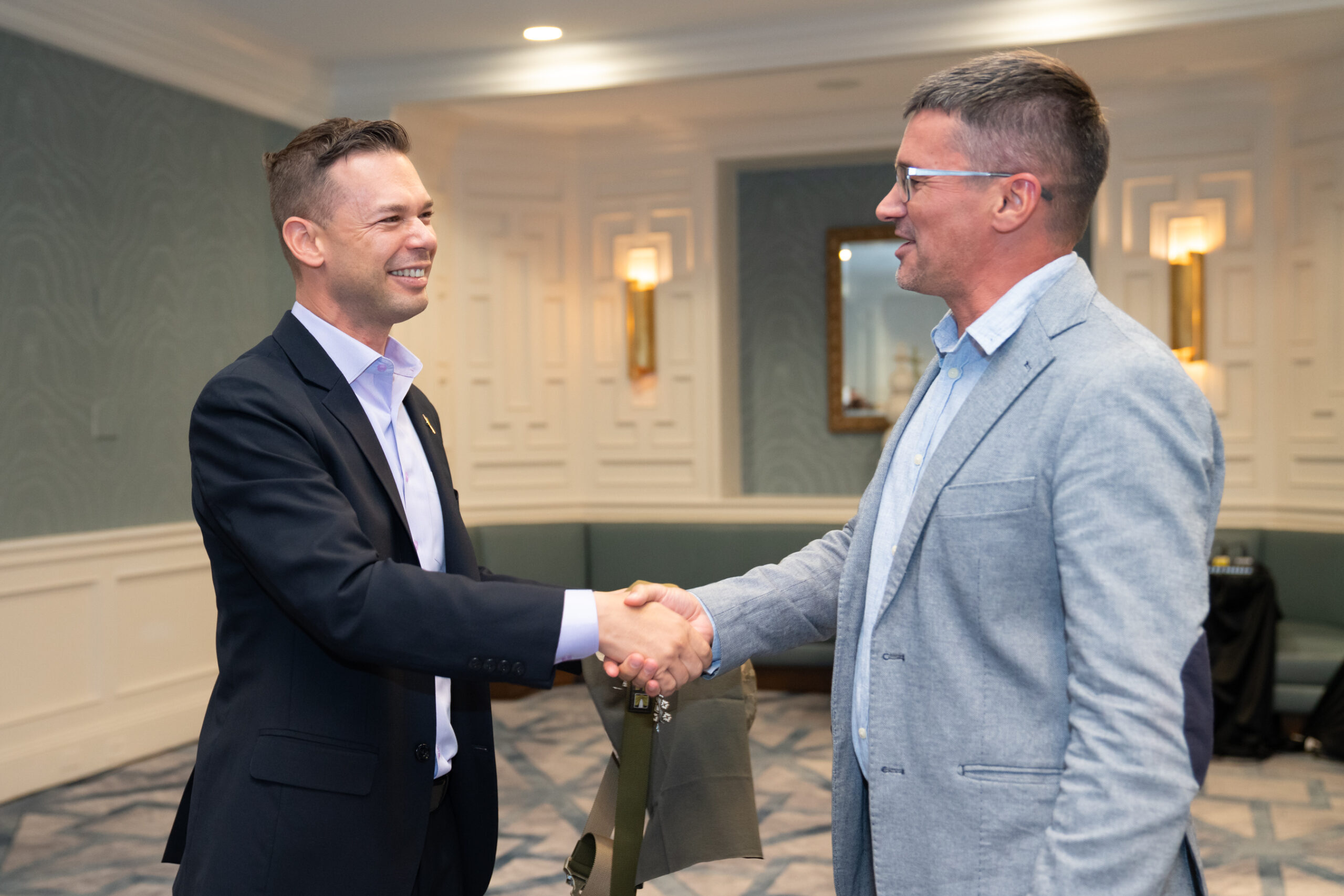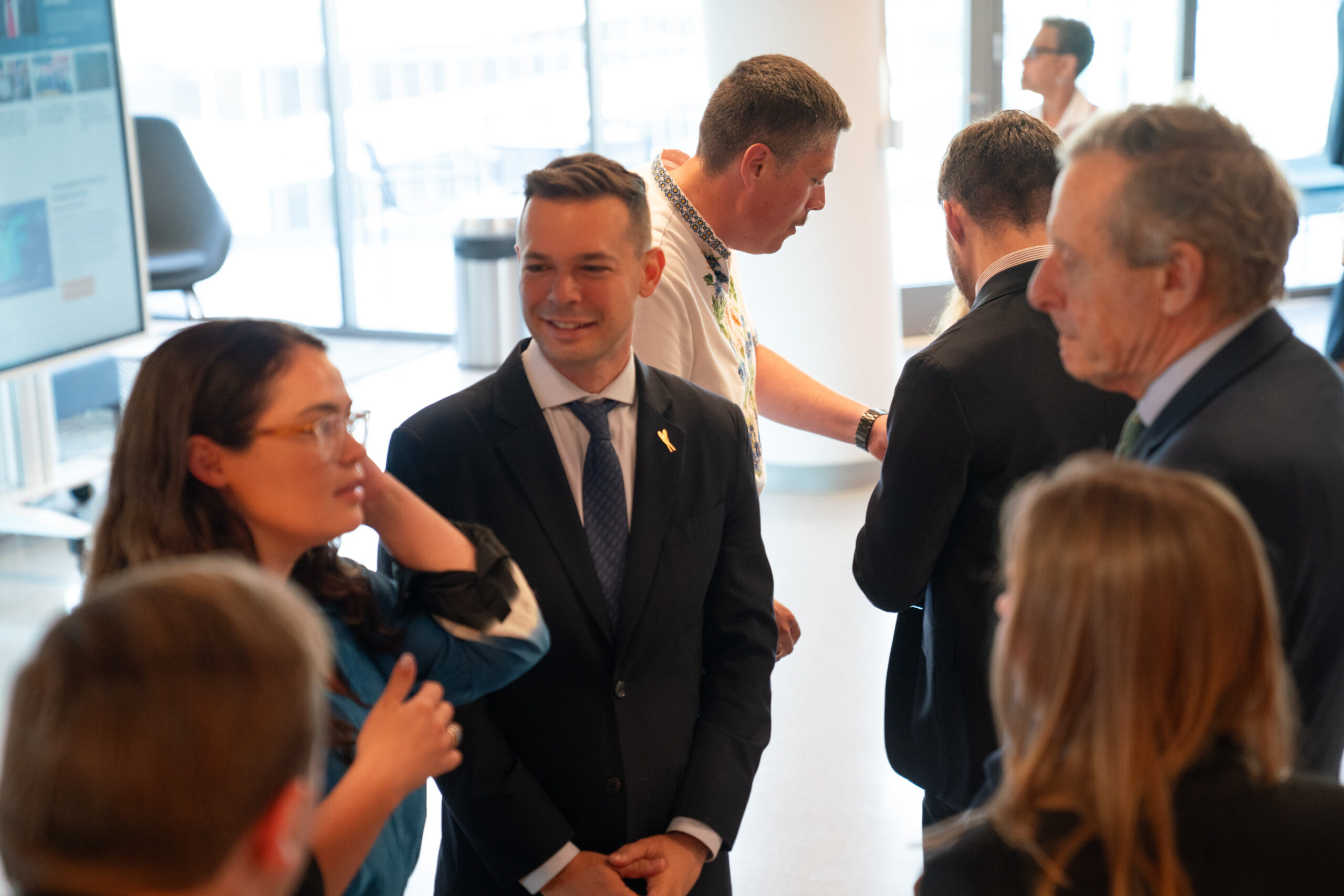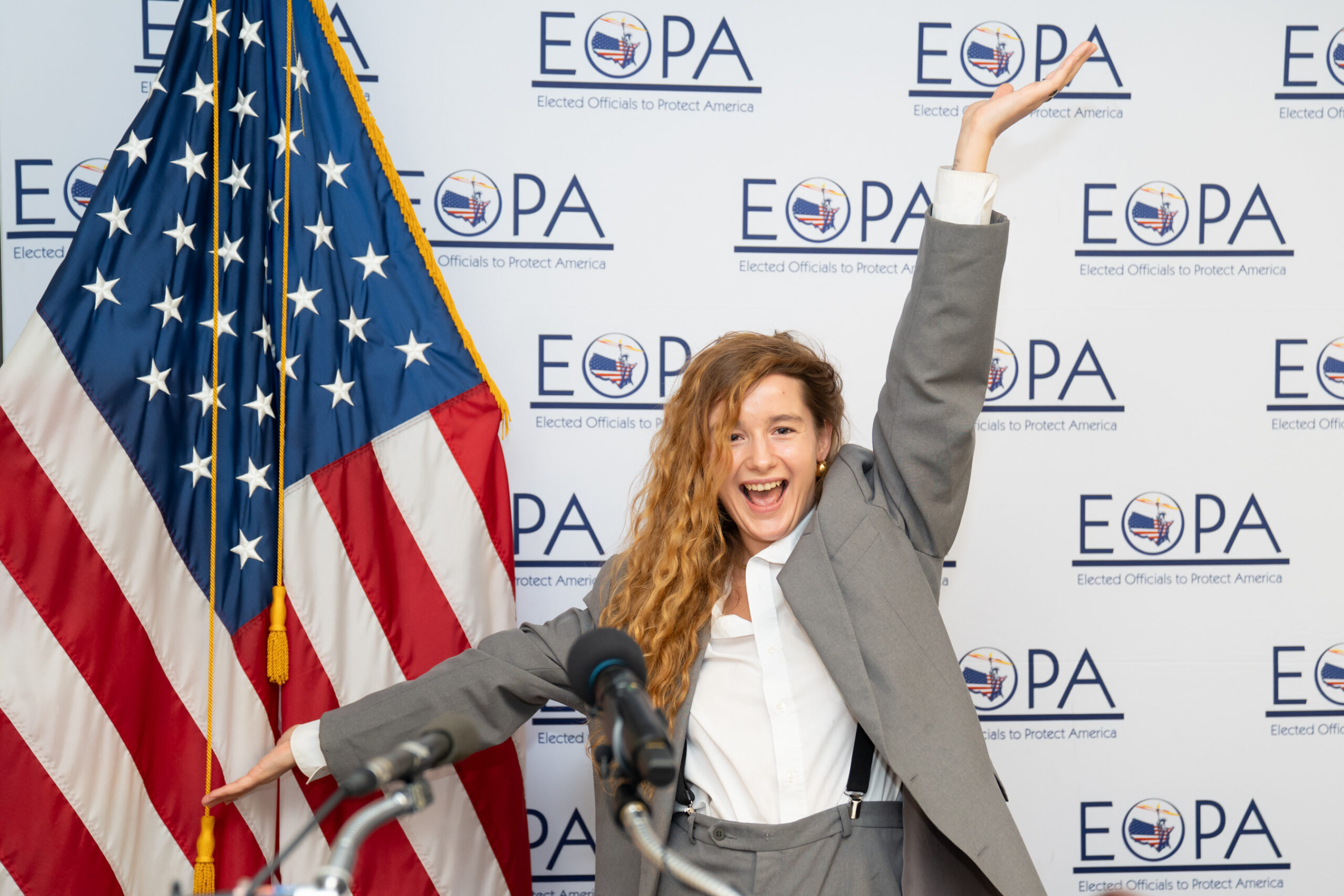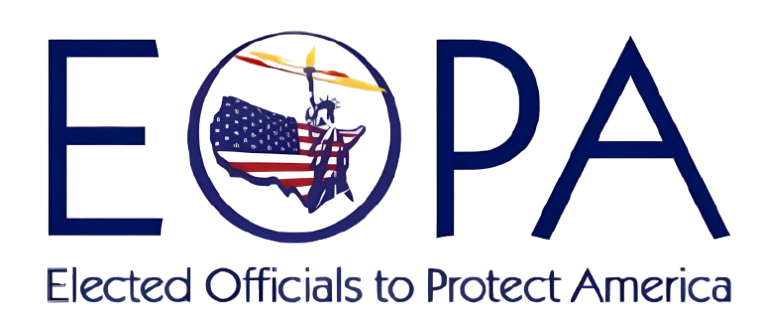Public Leadership Certificate
The Certificate in Public Leadership, offered by EOPA in partnership with the University of San Francisco, equips lawmakers and civic leaders with the skills to create, communicate, and implement policy effectively. The program blends in-person and virtual learning, focusing on emotional intelligence, leadership and management, public speaking, body language, value-based communication, legislative procedures, cybersecurity, and empathy-based fundraising. Participants also connect with experienced elected officials and apply their learning by selecting an environmental policy solution to develop and advocate for during and after the program.
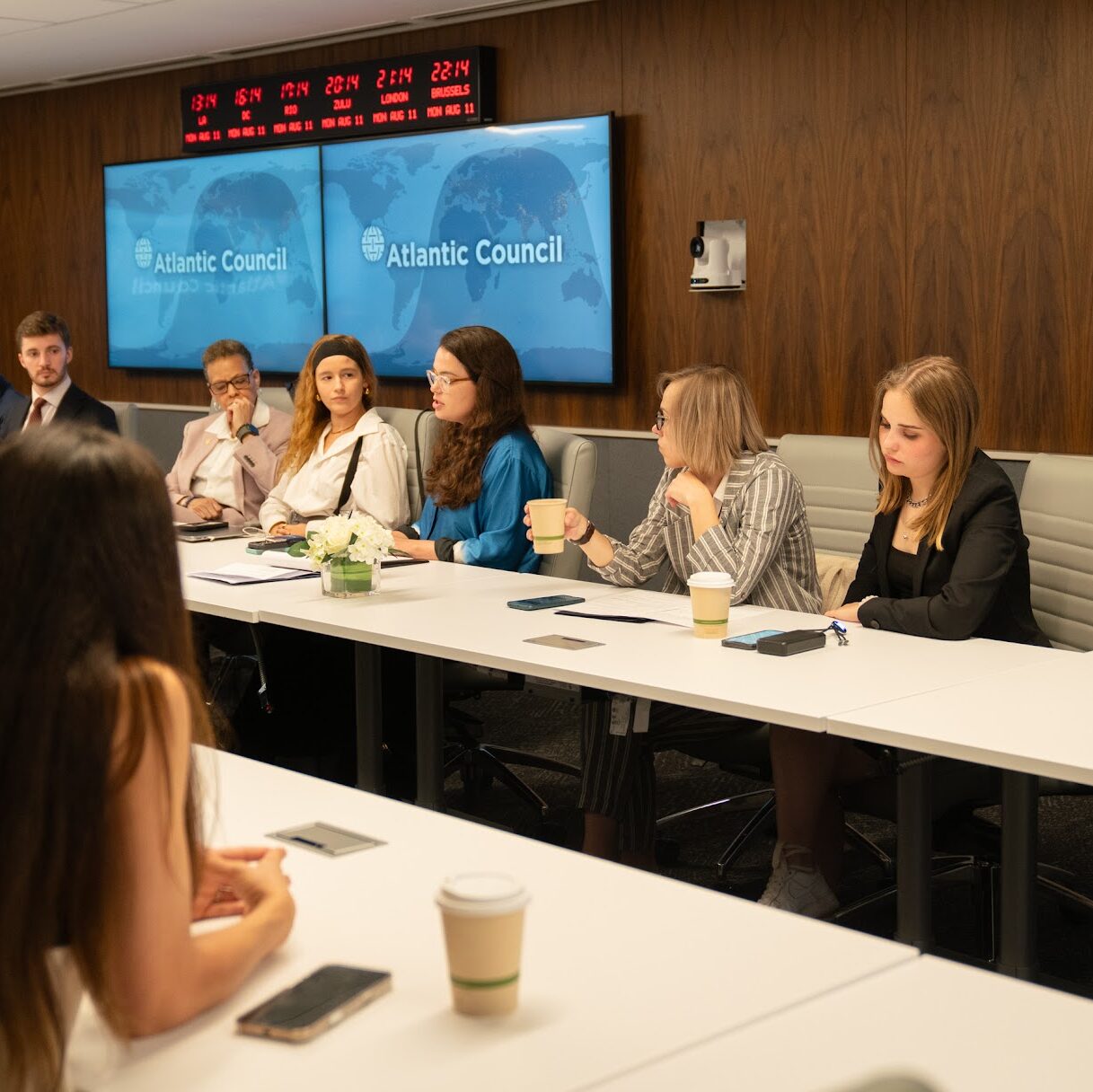
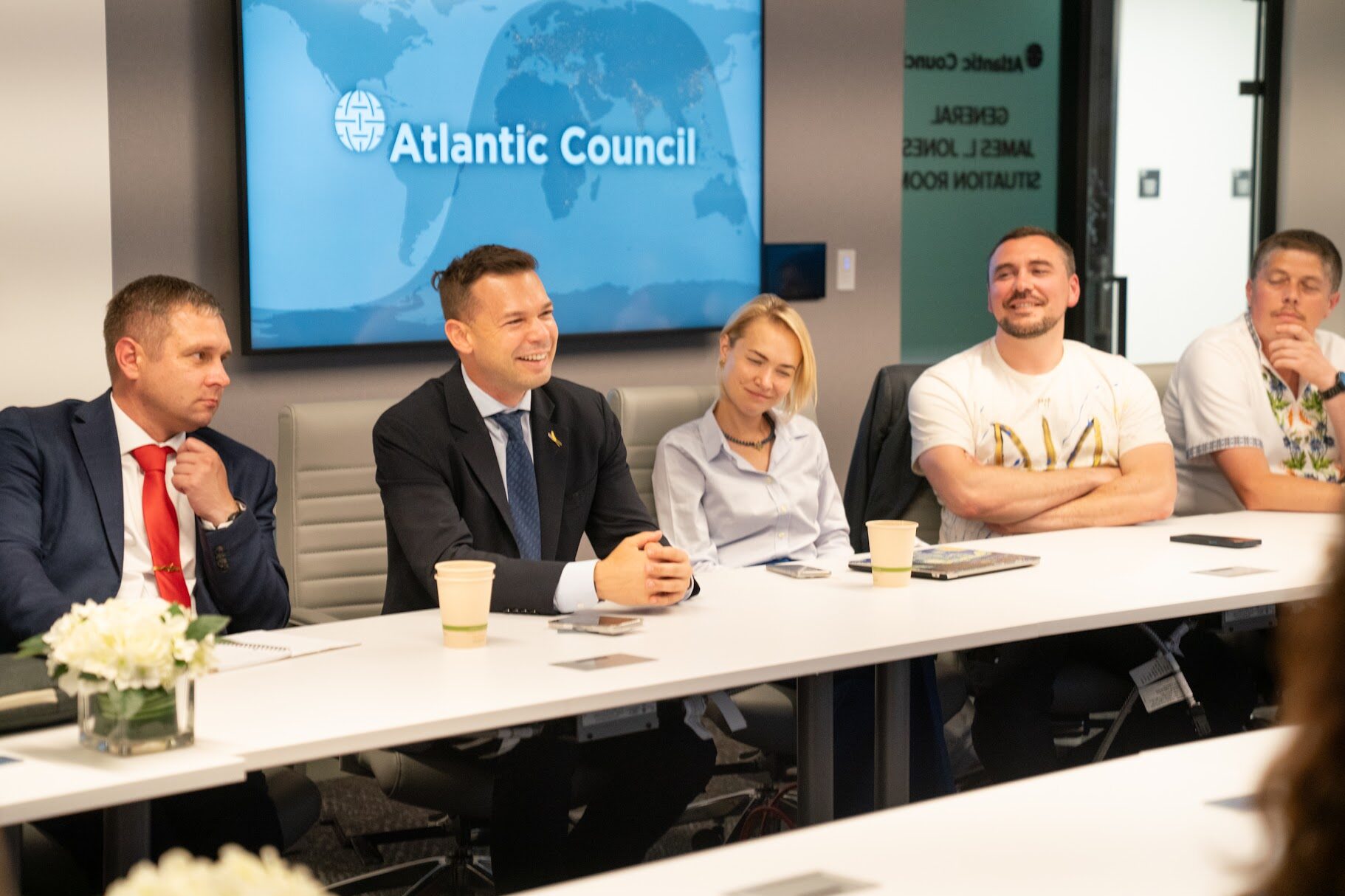
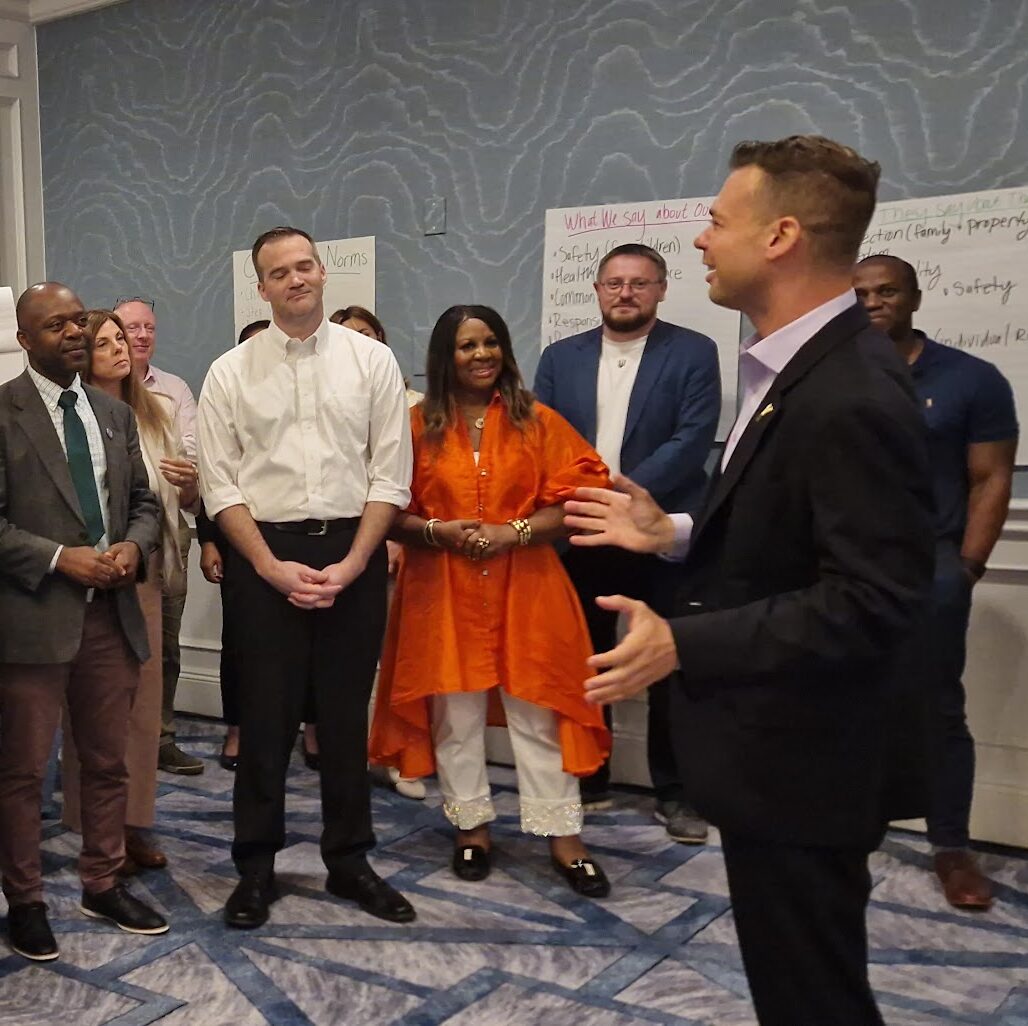
Trainings
EOPA has led trainings in 45 State Capitols, as well as with organizations across the United States and around the world. Contact us to schedule a customized training for your institution or community.
Masters in Public Leadership
EOPA, in partnership with the University of San Francisco, offers a Master’s in Public Leadership program designed to prepare lawmakers and civic leaders to drive meaningful change through advanced training in leadership, policy, and value-based communication.

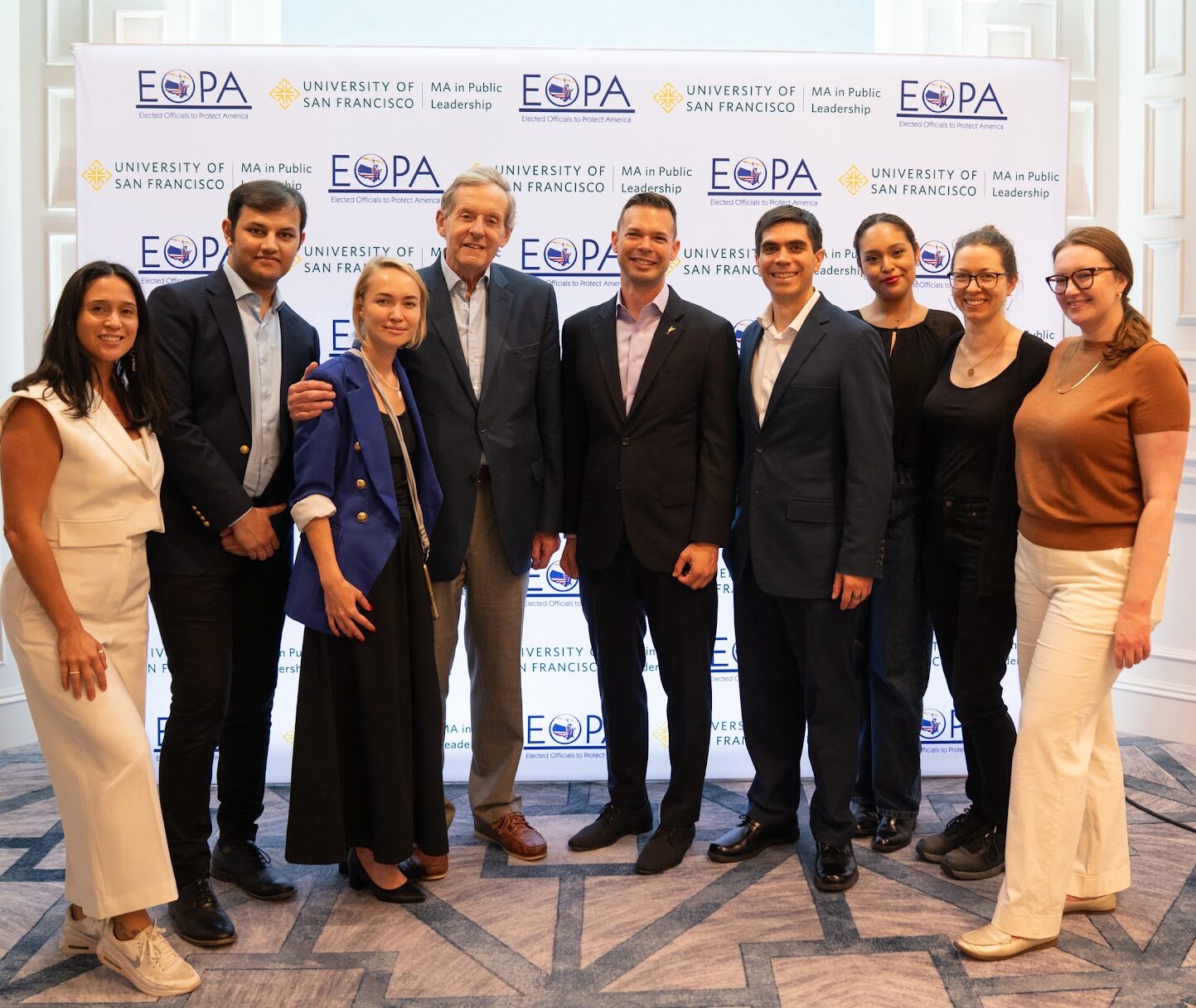

University of San Francisco
Lead Professor: Alex Cornell du Houx
Instructor Contact: amcornellduhoux@usfca.edu, 207-319-4511
Office Hours: Wednesdays at 9:00 a.m. Pacific or by appointment
IN-PERSON
A weekend at our Washington, D.C. campus
ONLINE
Tuesdays for six weeks at 2:00 p.m. Eastern, or at a time agreed upon by the cohort
CERTIFICATE OVERVIEW
The EOPA and University of San Francisco (USF) Certificate in Public Leadership program is designed for a diverse group of current, aspiring, and former public and private leaders at tribal, municipal, county, state, and federal levels. Eligible participants include individuals passionate about service—such as staff of elected officials, appointed officials, corporate and small business leaders, veterans, and military families from across the globe.
Major themes include emotional intelligence and public leadership, value-based communications, body language, public speaking, empathy-based fundraising, public policy procedures, military and veteran engagement, disinformation and cybersecurity, and climate change policy solutions.
This seven-week program brings participants together at the University of San Francisco or at the Washington, D.C. campus for 2.5 days of experiential learning, followed by 1.5–2 hours of weekly online instruction for six weeks. At the request of participants, additional optional modules may also be provided.
Participants select a policy objective that impacts their communities. Throughout the course, they apply the skills gained each week, and in the final module, present their plan to fellow lawmakers and community leaders for critique and evaluation. A $10,000 prize will be awarded to the best proposal(s) to support implementation.
On-Campus Modules
- Emotional Intelligence and Public Leadership
- Value-Based Communications
- Public Speaking and Body Language for Leaders
Online Modules
- Speaking and Marketing Your Message
- Empathy-Based Fundraising
- Body Language for Public Leadership
- Climate Crisis Urgency and Solutions
- Military 101
- Disinformation and Cyber Security
- Capstone Policy Presentations
Guest instructors include highly qualified experts and elected officials who have successfully passed significant legislation. The program also coordinates closely with the Master of Arts in Public Leadership, featuring joint networking events and guest lectures.
CERTIFICATE MODULES
ON CAMPUS
Emotional Intelligence and Public Leadership
Harvard Business Review compiled over 300 studies and found that EQ is the single most important factor in career and personal success. This course increases students’ ability to empathize, listen accurately, communicate authentically,
and foster a legislative, campaign, or office environment that maximizes team performance and creativity.
- Part one focuses on individual skill sets and recognizing behavior patterns.
- Part two explores using EQ to build connections and productivity in staff and caucuses.
- Part three emphasizes applying EQ skills to team goals and mission.
Value-Based Communications
In a media environment where we receive five times more information daily than just five years ago, distinguishing oneself is essential for lasting impact. This module covers communication through framing, targeting, and implementing
campaigns that connect through stories to inspire action. Students will create their own narratives and apply them to real-world contexts through experiential learning.
Public Speaking for Leaders
Students will gain tools for delivering effective and impactful speeches, interviews, debates, and video performances both in-person and online. Using social science and experiential methods, they will learn techniques including
eye contact, pauses, structure, body language, public reading, and advanced strategies to engage and motivate audiences.
ONLINE
Speaking and Marketing Your Message with Rep. Paul Evans
Students will apply lessons from Value-Based Communications to develop strategies across digital and broadcast advertising, op-eds, social media, and film.
Empathy-Based Fundraising with Fmr. Rep. Alex Cornell du Houx
This module introduces the fundamentals of fundraising for nonprofits, advocacy initiatives, and campaigns, then expands into advanced tactics to connect through values and empathy. Students will evaluate what makes an effective
fundraising ask and explore the most successful strategies.
Body Language for Public Leadership with Forensic Psychologist Iryna Andrukh
Body language, often overlooked, accounts for over 55 percent of communication. Students will learn the latest non-verbal communication techniques to enhance leadership and negotiation skills.
Military 101 with Representative Eric Brine
Students will be introduced to the organization, culture, and traditions of the military, enabling them to better connect and collaborate with a population identified by Pew and Gallup as among the most credible messengers after
doctors and nurses.
Disinformation and Cyber Security with Professor Darren Linvill
With nearly 70 percent of American adults relying on social media for news, the integrity of online information is critical. This module examines how Russia and China manipulate digital platforms to influence populations and lawmakers.
Capstone
Students will integrate all they have learned into a final presentation, including a proposed policy’s impact, communications plan, engagement plan, and finance plan. A $10,000 prize will be awarded to the best policy solution.
TUITION
Upon selection, full scholarships—including travel and lodging—are available. For those with resources, tuition is $2,500, or $1,500 with a partial scholarship. The August 8–10, 2025 cohort is now open for enrollment!
Photo Gallery
